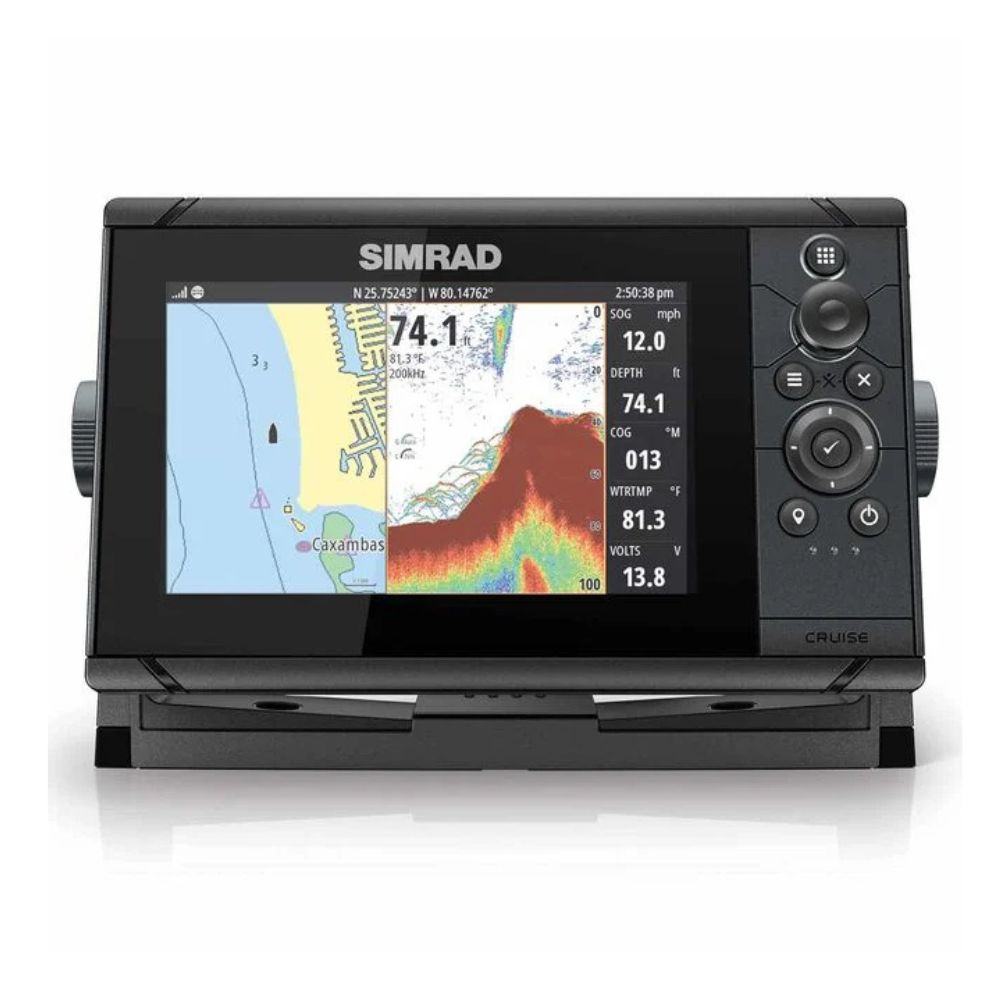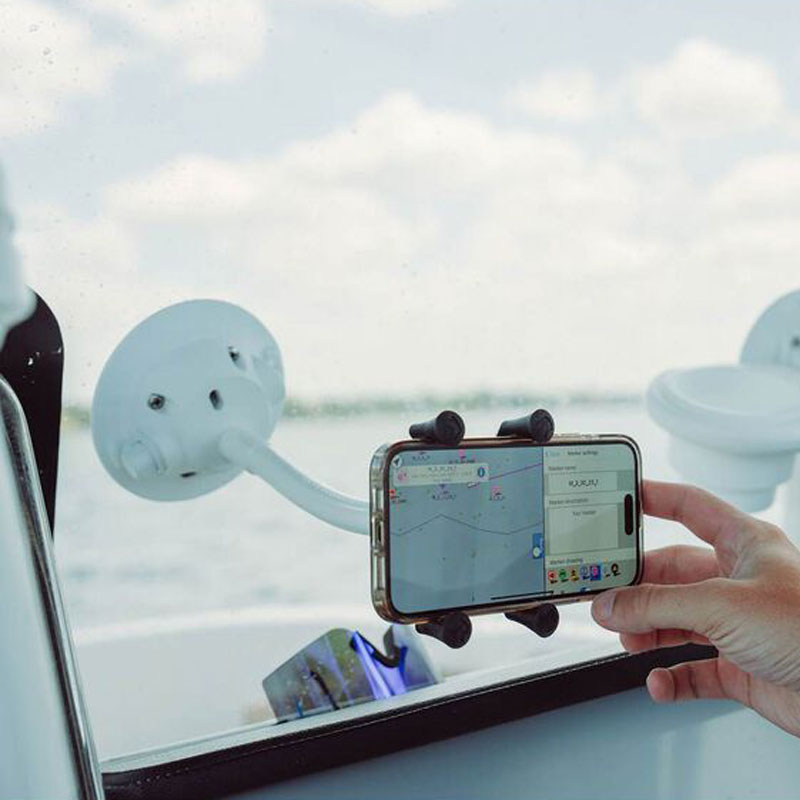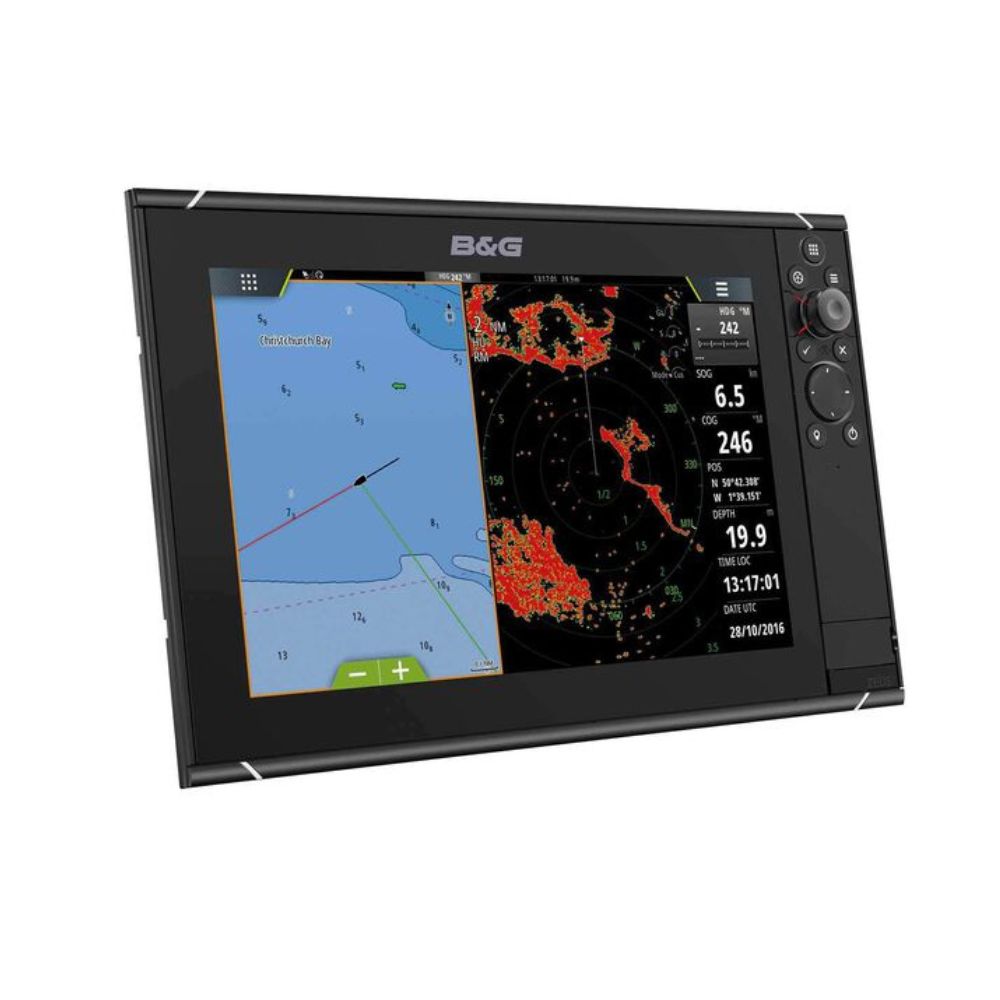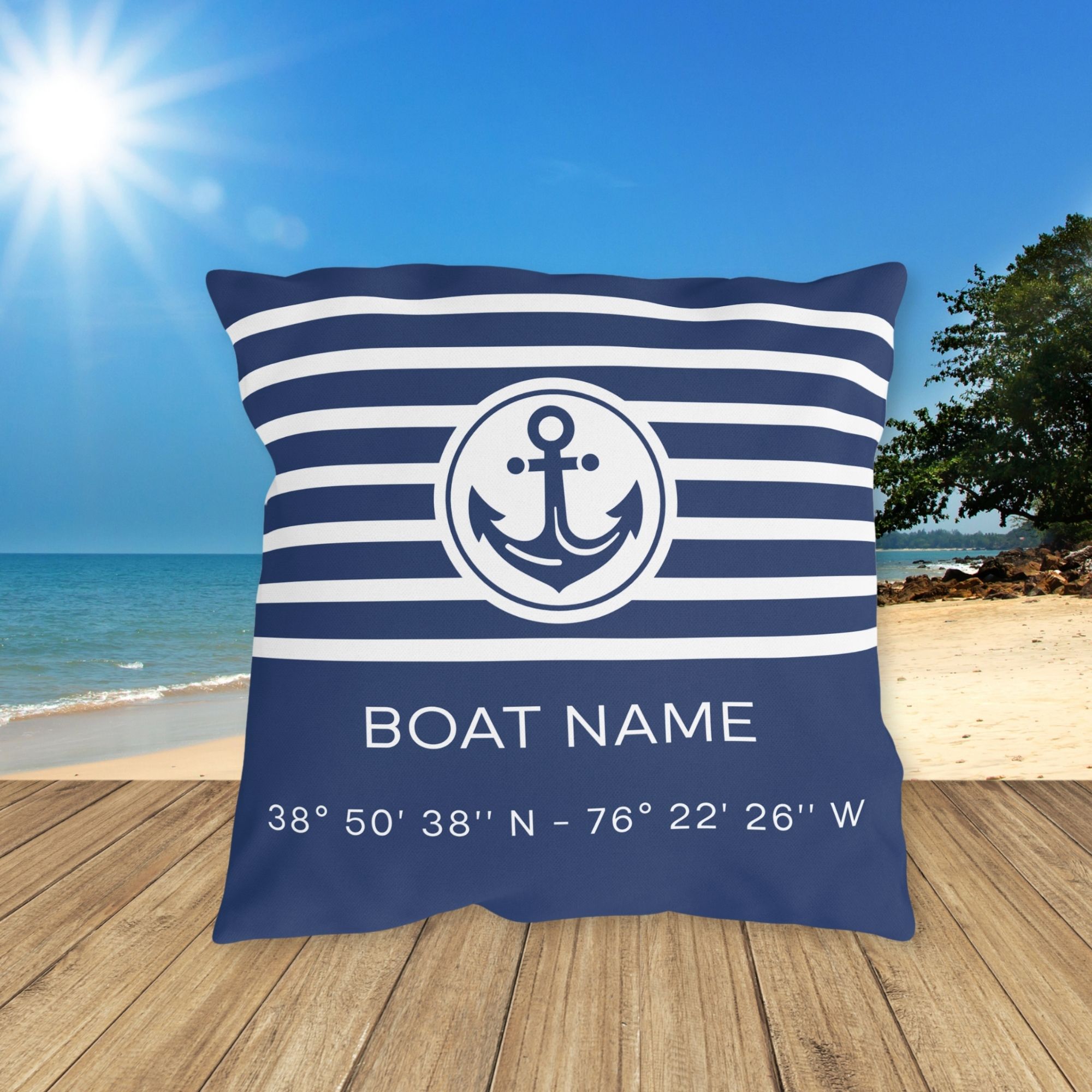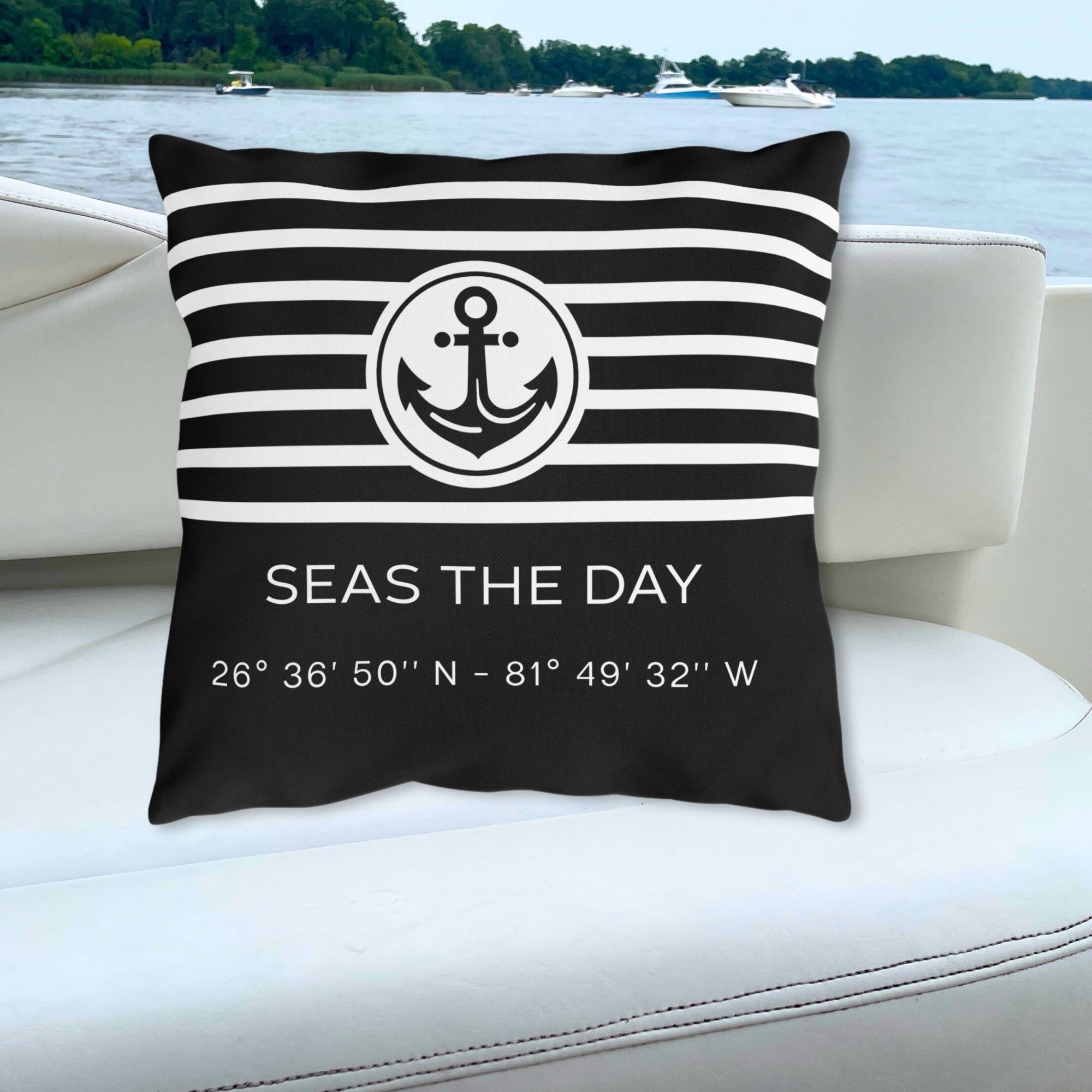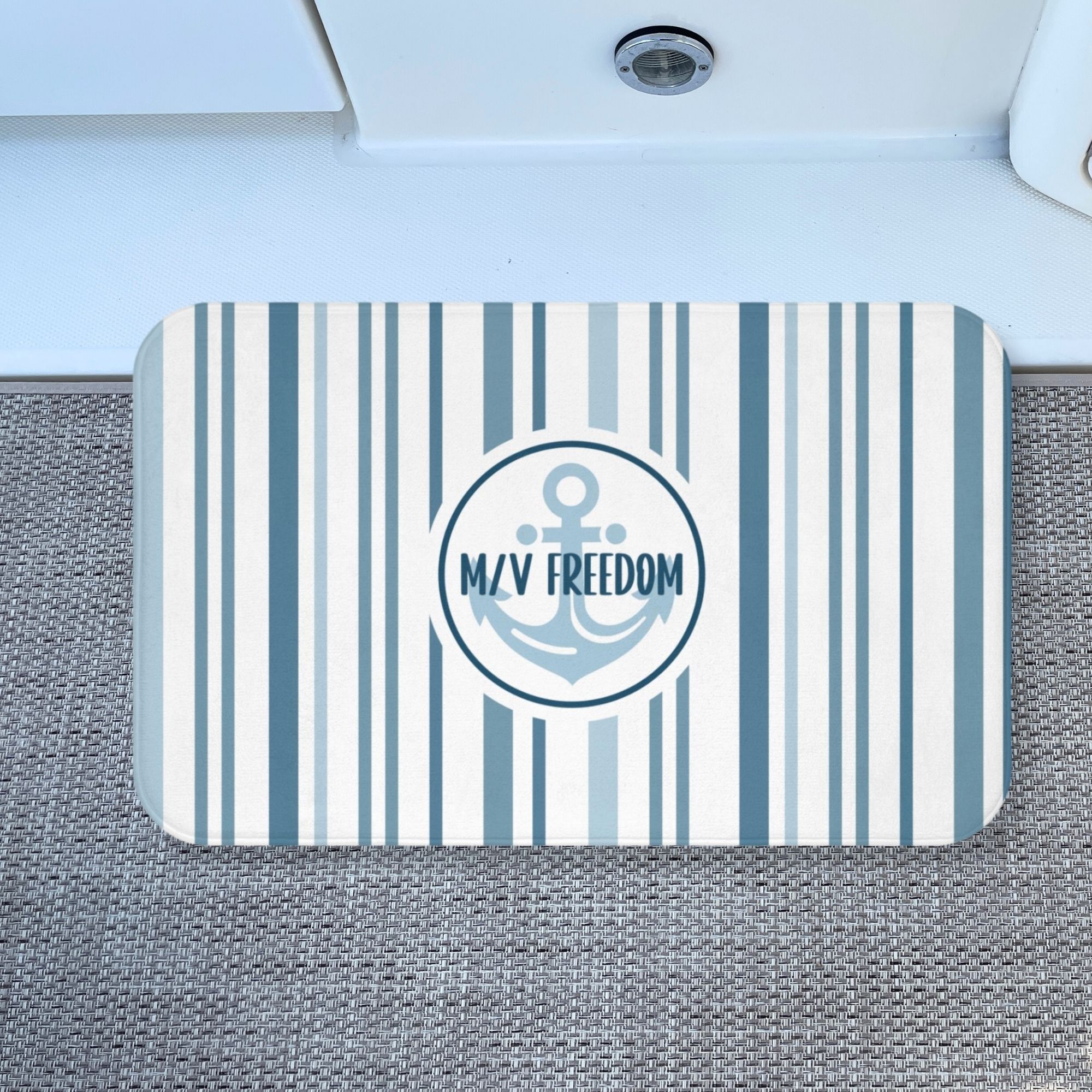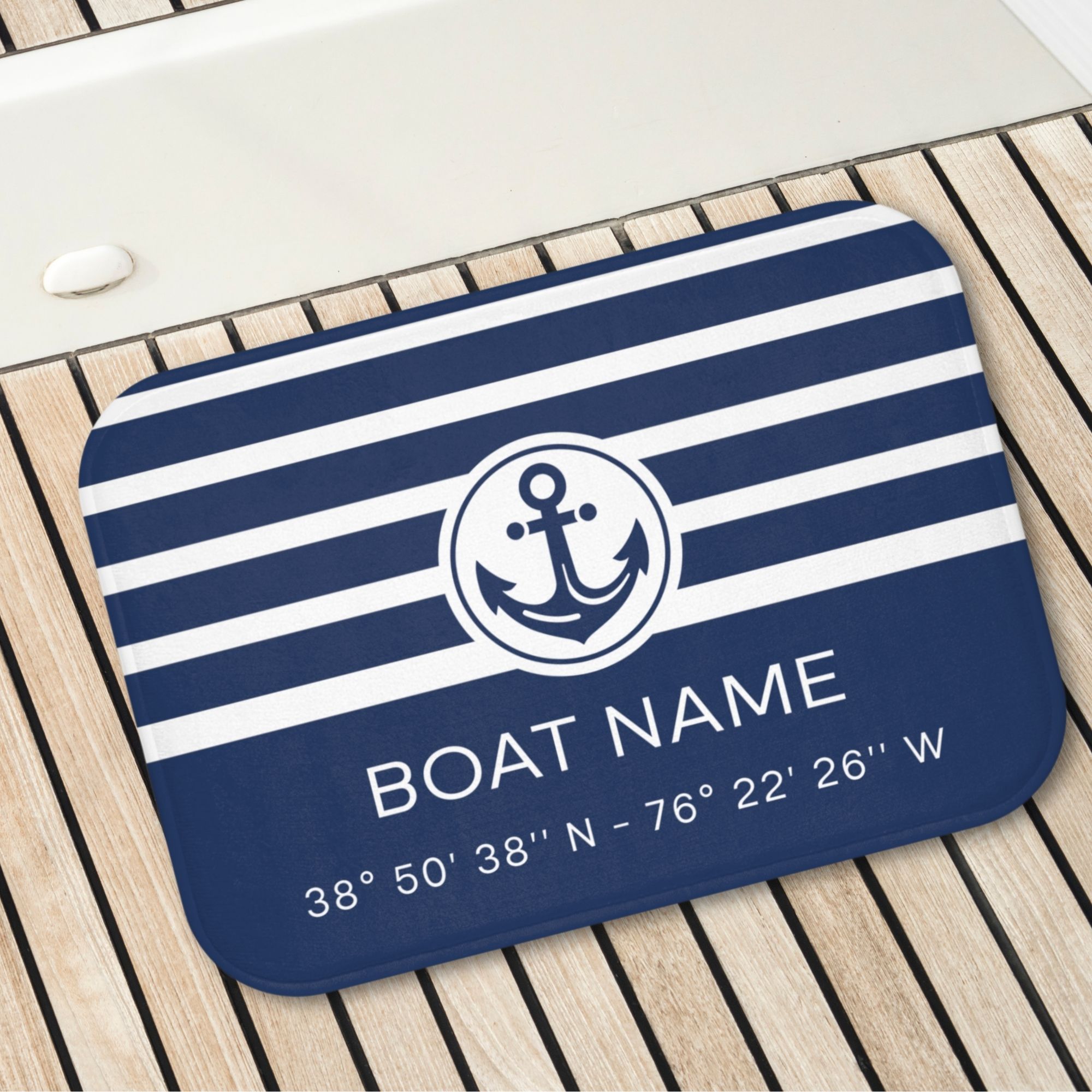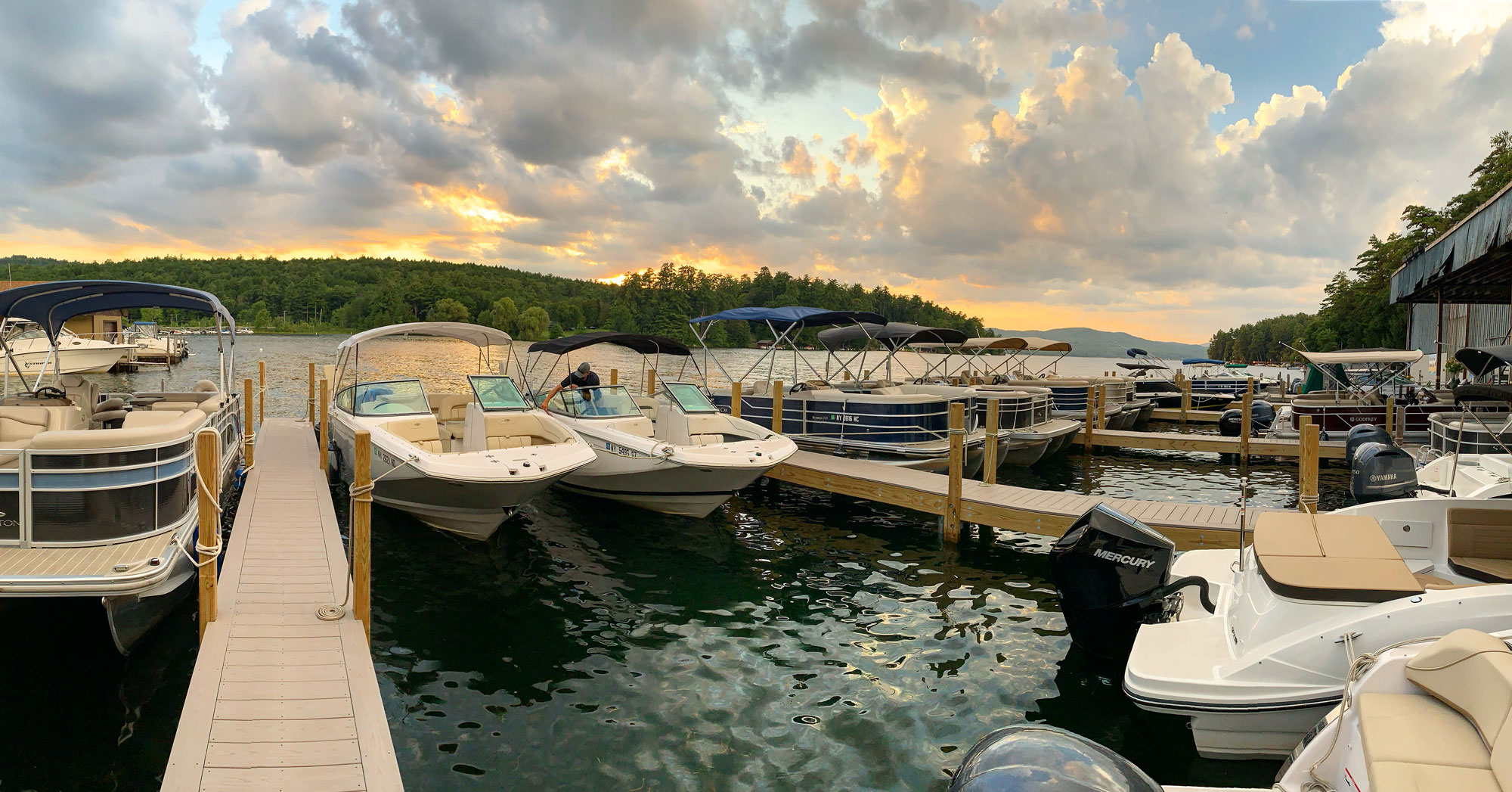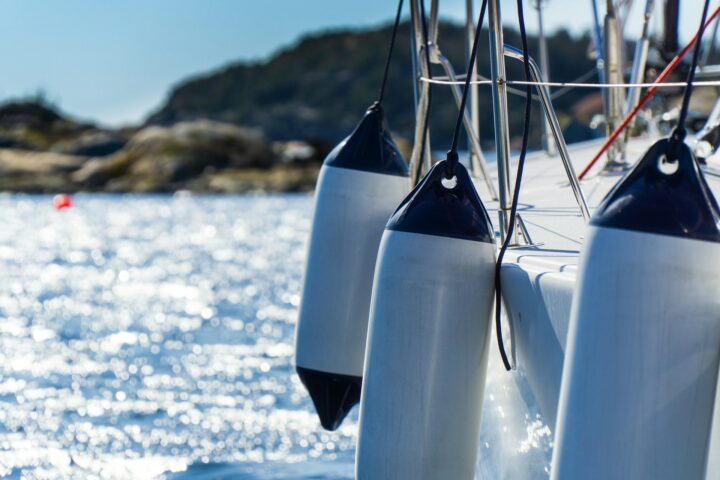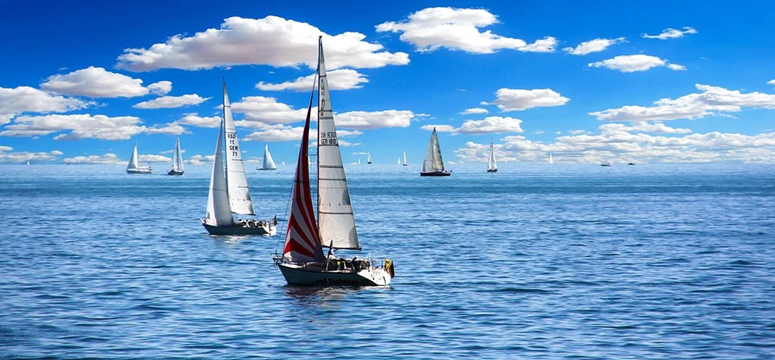
From right of way to protecting marine environments, make sure you understand these boating laws before you head out on your boat
There are multiple statutes governing the use of the sea that have been enacted by the governments of various countries around the world. These laws are implemented on the open sea and waters adjacent to them for any boat that cruises.
There are also laws relating to the kind of boat and all relevant aspects relating to boating. If you plan to be boating, you’ll need to familiarize yourself first with these laws. Lipcon.com is a legal resource that you can depend on if issues should arise.
Here are some basic boating laws that you should become familiar with as a boater.
Boat Traffic
There are laws governing boat traffic. For instance, a US Coast Guard vessel can legally carry out such activities as rescues or enforcement of fishing laws, which include stopping and handing over to another vessel, when there’s a clash between two vessels. A boat traffic officer is responsible for ensuring that such laws are strictly observed by all boaters. Aside from boats, there are also rules and regulations that apply to vessels coming from foreign shores, those coming in and out of port, and even ships that dock in other ports.
Rescue Operations
These laws also deal with certain types of rescue operations. For instance, if a boat has capsized and there are hundreds of people on board, a search and rescue is considered to be easier than dealing with passengers who have lost their lives. But if the boat capsizes and there are no medical emergencies, a rescue operation isn’t mandatory. It’s up to the country where the vessel is operating as to how it chooses to go about its operations.
Rules and Regulations
Rules and regulations about assisting passengers and crew in crisis situations are dealt with in accordance with established laws. There are international protocols regarding these issues and a boat’s flag must be displayed in a way that is apparent to any other vessels. A “watch officer” should be immediately consulted if there is an emergency. However, watch officers cannot take action themselves and must rely on the crew’s instructions. In the event of a problem with a boat, the coast guard must be called before other assistance can be provided.
Collisions
Another issue deals with collisions. Maritime law states that there should be medical assistance available if someone is injured on or near a boat. This helps to ensure that maritime accidents are treated with the appropriate care.
If a vessel runs aground at sea, the first place that you should go to for assistance is the flag of the country where the boat is registered. It is important that people begin to call the local authorities and the flag of the country where the boat is located to provide assistance and aid.
Protecting Marine Animals
Boating laws provide protection to other species that live at sea including sharks, dolphins, turtles and other sea animals. The best thing that can be done to avoid conflict is to make sure that all boats have up-to-date safety equipment installed, including emergency flares and lights, life jackets for all passengers, and fire extinguishers. Boats should also have adequate life-saving equipment such as a first-aid kit and blankets.
Navigating Laws of the Sea
Boaters should be aware that these are a distinct body of laws that govern maritime questions and offenses. It is a body of both domestic law governing maritime activities and private international law governing the relationships between private entities that operate vessels on the oceans. It deals with matters including marine commerce, marine navigation, shipping, sailors, and the transportation of passengers and goods by sea. Maritime law, also known as Admiralty Law, also covers many commercial activities, although land based or occurring wholly on land, that is maritime in character.
Through several readings and extensive research, an individual could hardly understand what are the provisions and the areas covered by the said law. Every law has its complications and distinct field of specialization. In a simple way of interpretation, Maritime Law was the Law of the Sea, when we talk about the law which covers the industry which took place offshore, coastal waters, offshore workers, navigation, and maritime industry production this indeed refers to the Maritime Law itself.
Admiralty Law, like various law around the world, has features of its own and it was as follows:
- Maintenance and cure
- Personal injuries to passengers
- Maritime liens and mortgages
- Salvage and treasure salvage
Various cases were protected and covered with the said law, Admiralty and Maritime Law is a complex area governed by a variety of federal statutes.
Trending Now: Must-Have Boat Gear for Your Boat Life
Trending Now: Custom Boat Decor
-
Boat Pillow with Boat Name & LAT LONG Coordinates
Quick ViewBuy on Etsy -
Boat Pillow with Boat Name & LAT LONG Coordinates- Black
Quick ViewBuy on Etsy -
Coastal Blue Stripes Bathmat with Anchor & Boat Name
Quick ViewBuy on Etsy -
Custom Boat Mat with Boat Name & LAT LONG Coordinates
Quick ViewBuy on Etsy
Disclosure: This site may contain links affiliated with companies where we receive compensation. Also, as an Amazon Associate we may earn from qualifying purchases we refer but it does not impact the price you pay. Full disclosure policy.

